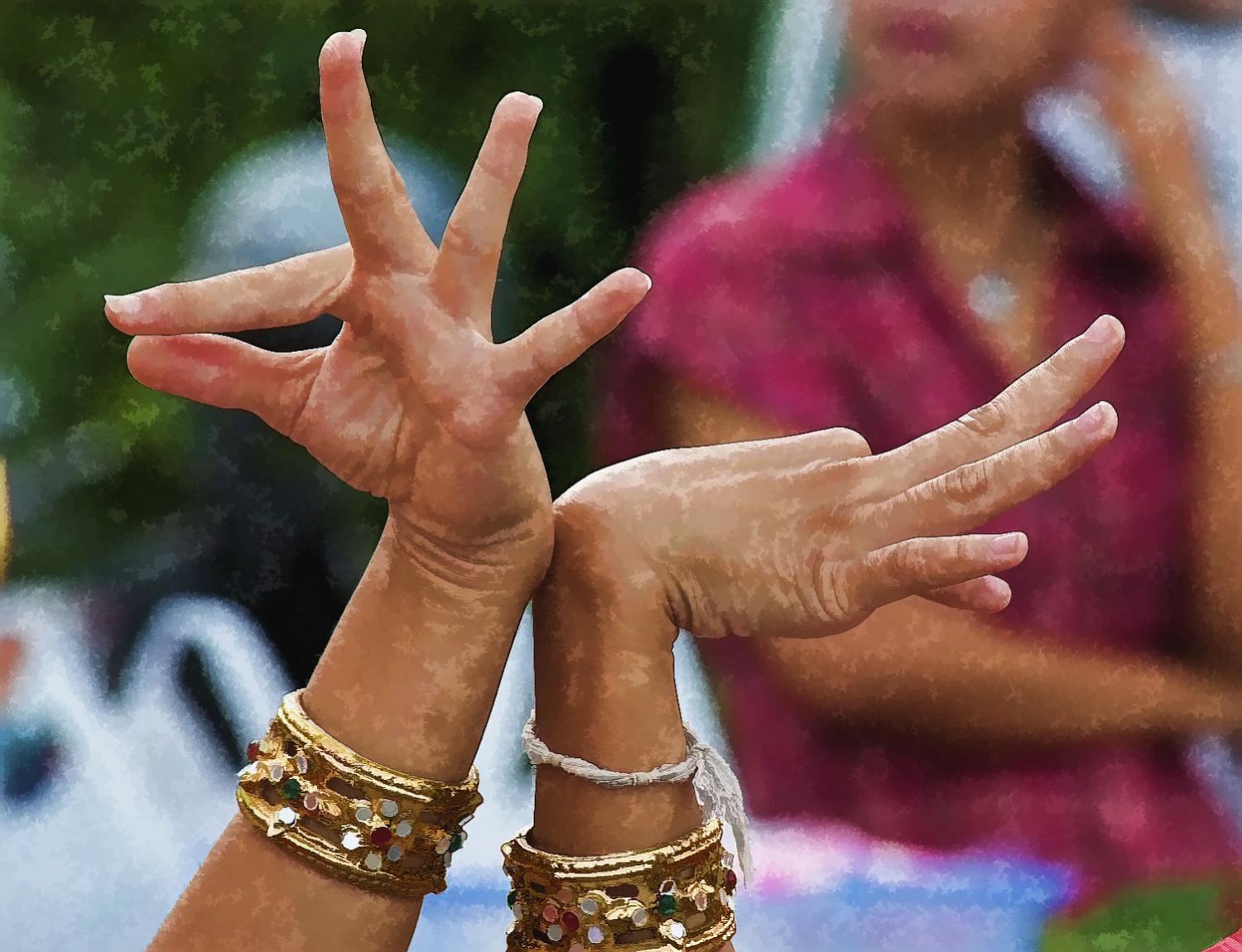A special Interpreter series ahead of the 2024 ASEAN-Australia Special Summit in Melbourne, 4-6 March. Read more articles in this thread.
Australia’s diplomacy with Southeast Asia is poised to take centre stage in March as it hosts the ASEAN-Australia Special Summit in Melbourne. The Summit provides the Australian government with an opportunity to improve its standing with three mainland Southeast Asian states – Cambodia, Laos, and Thailand - in areas of security, economy, and education.
Australia’s relations with Cambodia, Laos, and Thailand have created both positive and negative perceptions of Australia. On the positive end, there has been a dramatic shift in perceptions of Australia when compared to two decades ago. Australia has risen in these countries’ estimation partly due to the increasing prestige of its world-class tertiary education degrees.
On the negative end, Australia is viewed as being of little strategic significance. When political, business and academic elites in each country were asked to determine a third party to hedge against the Sino-American strategic rivalry, Australia was not nominated as the most prominent partner of choice, falling way behind the EU, Japan and India. None of the three states in question regard Australia’s approach to dealing with China as a model to follow, with the country too heavily implicated in supposedly anti-China groupings stage-managed by the United States, such as D-10 Strategy Forum, G-7 and the Quad.
In security cooperation, the summit is a unique chance for Australia to relate to these states in ways that do not depend on geopolitical alignment. This reorientation first necessitates a move from a “security with the region” mindset towards what Misalucha-Willoughby called adopting a “view of Asia from Asia.” In practice this means not deploying language related to “great-power competition” or the “China threat theory” throughout the summit, as Southeast Asian states do not like any language that forces them to adopt a zero-sum position between two great-powers.
The elevation of bilateral ties with Laos to a Comprehensive Partnership last year as the latter began to prepare for its ASEAN Chair Year in 2024 is a step in the right direction but far from sufficient. Australia has to move beyond bilateral diplomatic relations towards the development of “minilateral” ventures with all three mainland Southeast Asian states in the ways increasingly commonplace inside ASEAN, a form of diplomacy involving a small group of like-minded states within a larger multilateral international institution.
Second, the summit serves as an ideal platform for Australia to regain economic ground by combining traditional development aid with more comprehensive economic integration. That is to say, Australia needs to better connect its recent sub-regional economic endeavours, such as the upgraded ASEAN-Australia-New Zealand Free Trade Agreement and the Southeast Asia Economic Strategy to 2040, with already expansive and popular country-specific development programs (i.e. Mekong-Australia Partnership and Partnership for Infrastructure).
Third, the summit offers a unique chance to strengthen Australia’s people-to-people connections through educational ties. The Australian government has long been effective at deploying initiatives in education cooperation, with the result that over half a million Southeast Asian students have studied in Australia in the past twenty years. However, the Australian government’s latest international education policies, such as the New Colombo Plan, approaches these ties too much through a market lens. International students are solely viewed in terms of a market opportunity.
Australia should return to an earlier policy that viewed educational ties as a means to strengthen Australia’s relationships with foreign countries. In practice, this means that the Australian government should fund universities and vocational education providers to offer work-integrated learning opportunities to students from the three Southeast Asian states, as well as coordinating a nationwide initiative to engage alumni and connect them with businesses in both Australia and their home country.
Challenges remain for closer Australian relations with Cambodia, Laos, and Thailand. The most prominent is the increasingly divergent political systems between Australia and the three Southeast Asian states. “Democratic backsliding” is transpiring in all three states but also broadly across mainland Southeast Asia.
Cambodia's former prime minister Hun Sen has handed over power to his eldest son, Hun Manet, but only after first barring the Candlelight Party, the only party big enough to pose a threat to his ruling Cambodian People’s Party (CPP). Australia has been openly critiqued by domestic diaspora groups for its self-stated “quiet diplomacy” with the Cambodian government, which has not produced results on the ground. While Australia has limited ability to influence this trend, it can reinforce positive trends, like providing support for regional media organisations and think tanks, developing greater linkages between parliamentarians and civil society, and increasing governance-focused development assistance.
The 50th anniversary of relations with ASEAN can serve as a platform for Australia to not only celebrate its enduring ties with ASEAN but also forge closer relations with Cambodia, Laos and Thailand, contributing to regional prosperity and stability. Navigating historical perceptions while capitalising on opportunities and addressing challenges will be central to the success of this summit.

